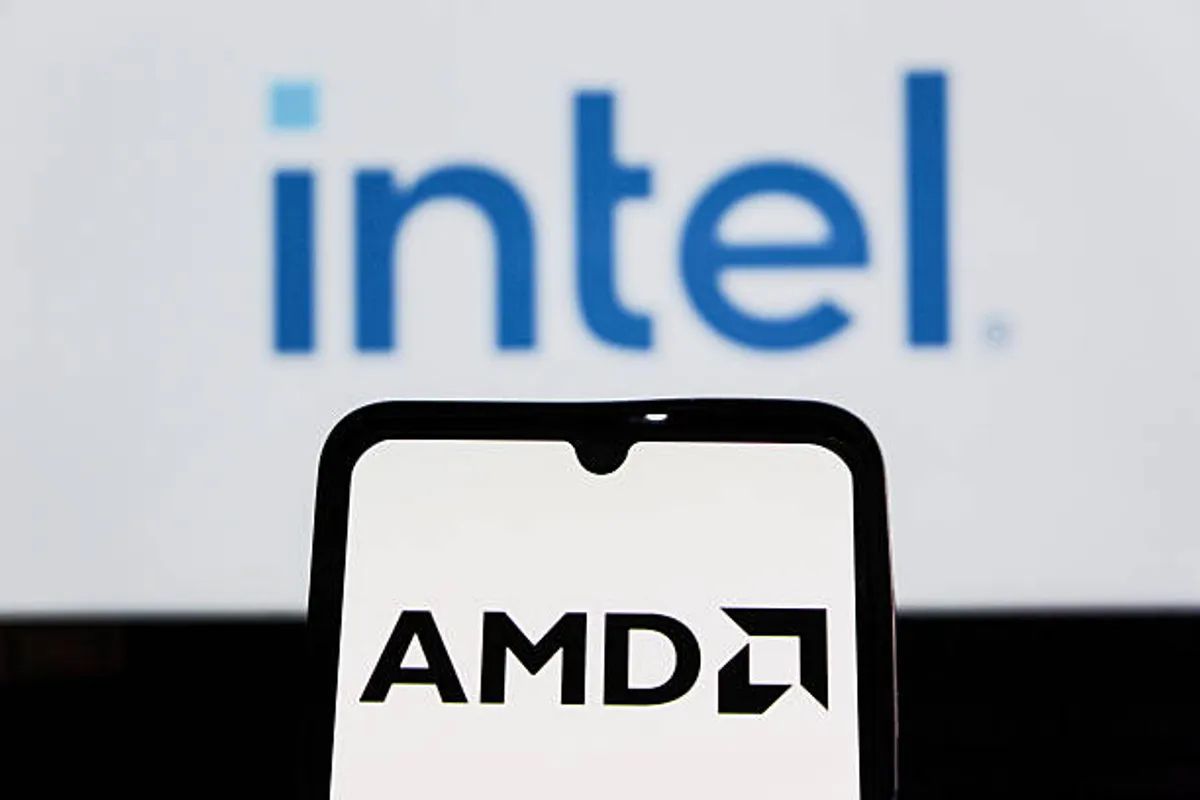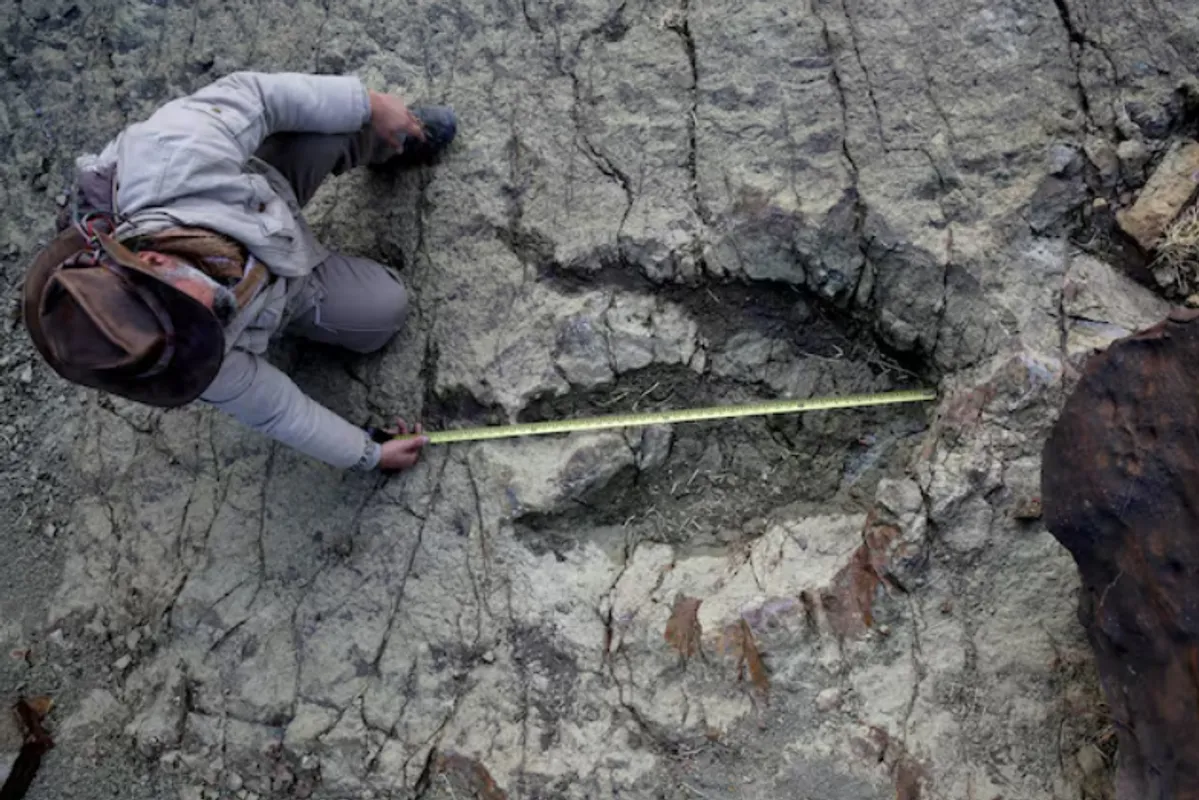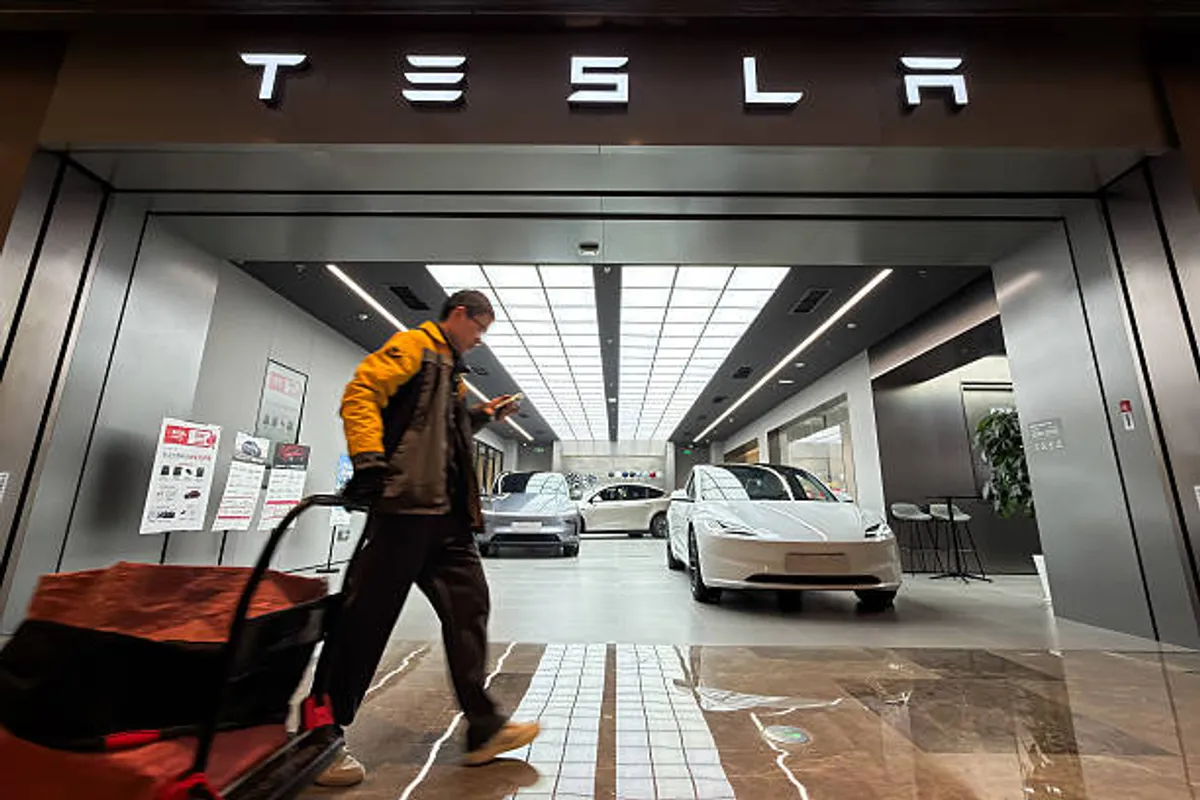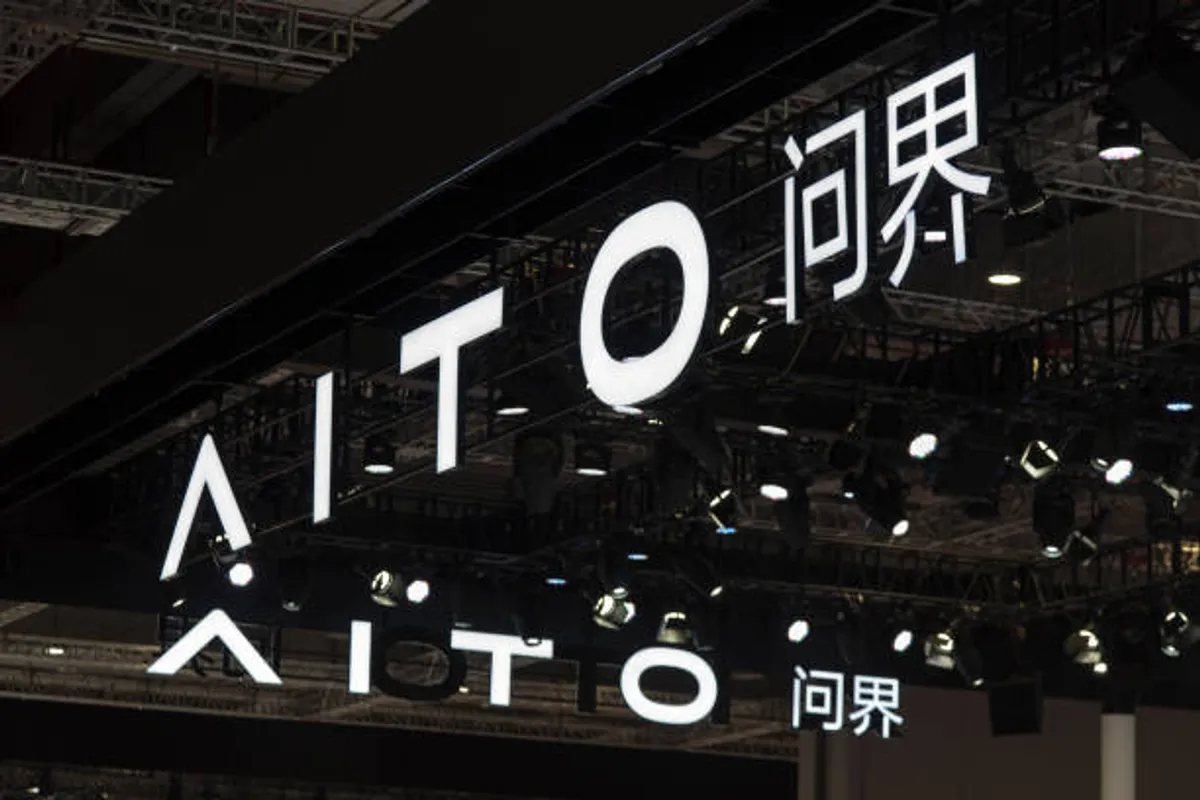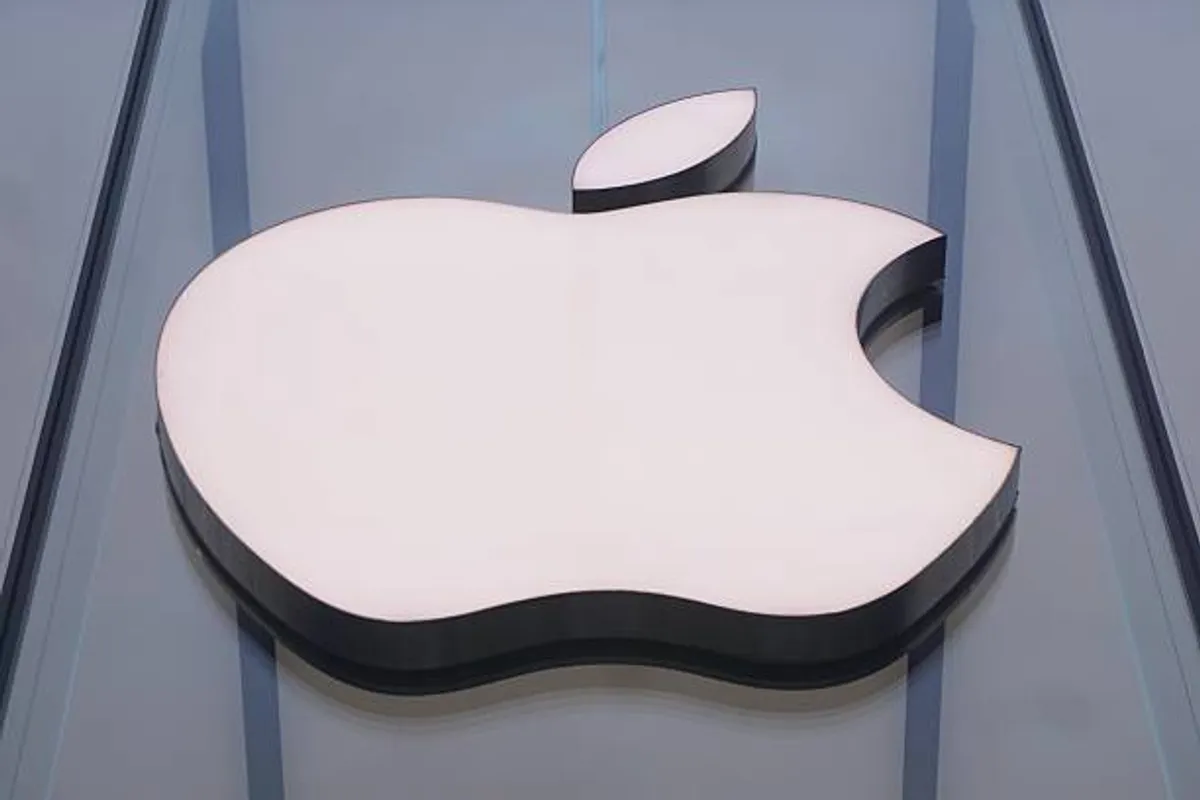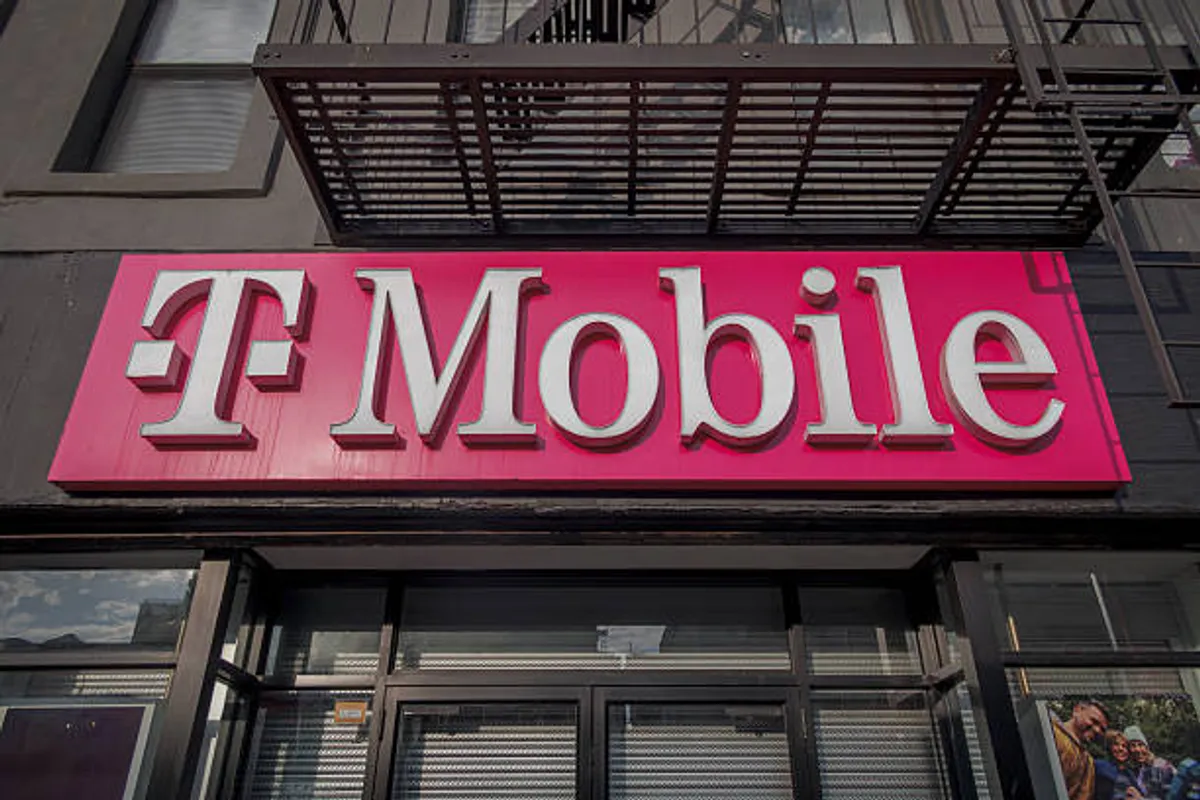Elon Musk Says Tesla’s Full Self-Driving Software Could Get Full China Approval by Early 2026

GeokHub
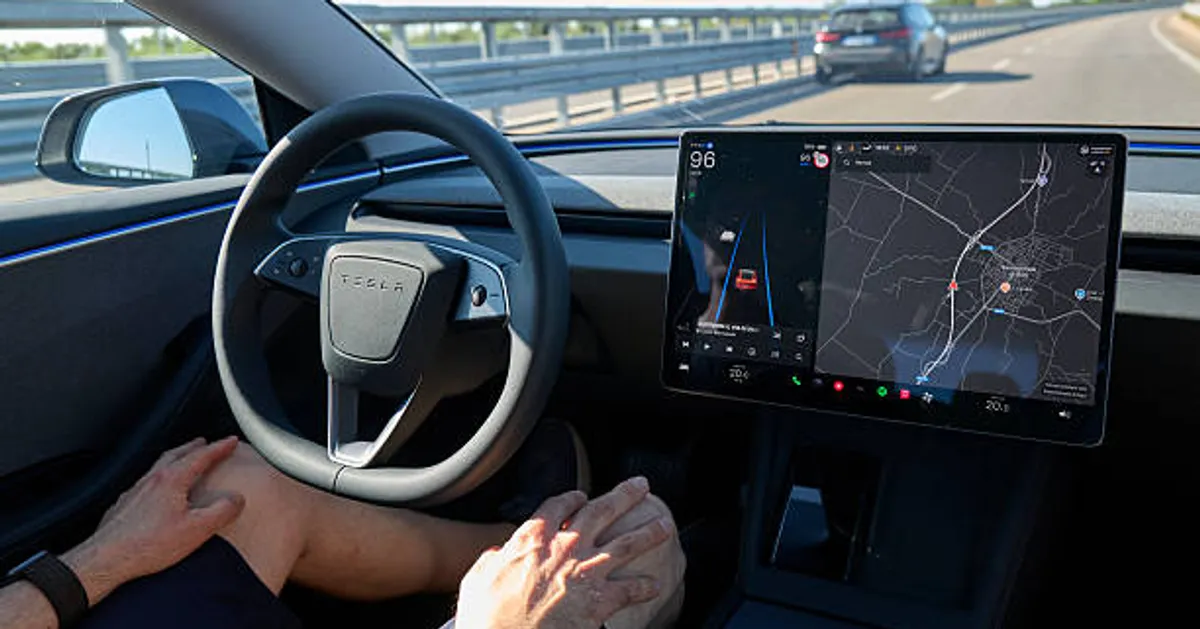
Tesla Chief Executive Officer Elon Musk says the company expects to secure full regulatory approval in China for its advanced Full Self-Driving (FSD) software by early 2026, potentially unlocking a major growth opportunity in one of its most competitive markets.
Speaking during Tesla’s annual general meeting, Musk told shareholders that discussions with Chinese authorities have been progressing positively and that approval could arrive “around February or March 2026.” He added that the move would allow Tesla to deploy its most advanced driver-assistance capabilities in China for the first time.
Currently, Tesla’s FSD software in China operates under partial approval, limiting access to several autonomous driving features available in the U.S. version. The system is restricted from performing certain fully automated maneuvers such as complete lane changes, gear shifts, or self-parking without driver input.
China remains Tesla’s second-largest market, but rising competition from local electric-vehicle makers such as BYD, NIO, and Xpeng has pressured its market share, which has fallen from about 15% in 2023 to just under 8% this year. Musk said achieving full FSD approval could help restore momentum and enhance Tesla’s brand value among China’s increasingly tech-savvy consumers.
Analysis & Impact:
Securing full FSD approval in China would mark a strategic milestone for Tesla’s global AI-driven mobility ambitions. It would also highlight a rare regulatory breakthrough for a U.S. automaker in a market known for strict data-security and software-testing standards.
Experts say the green light would not only boost Tesla’s software-subscription revenue but also help the company refine its AI systems using data from the world’s largest EV market. However, regulatory complexity and national data policies may continue to pose challenges.
If successful, Tesla’s FSD rollout in China could redefine competition in the autonomous-driving space — positioning the company ahead of domestic rivals and reaffirming its global leadership in self-driving innovation.

